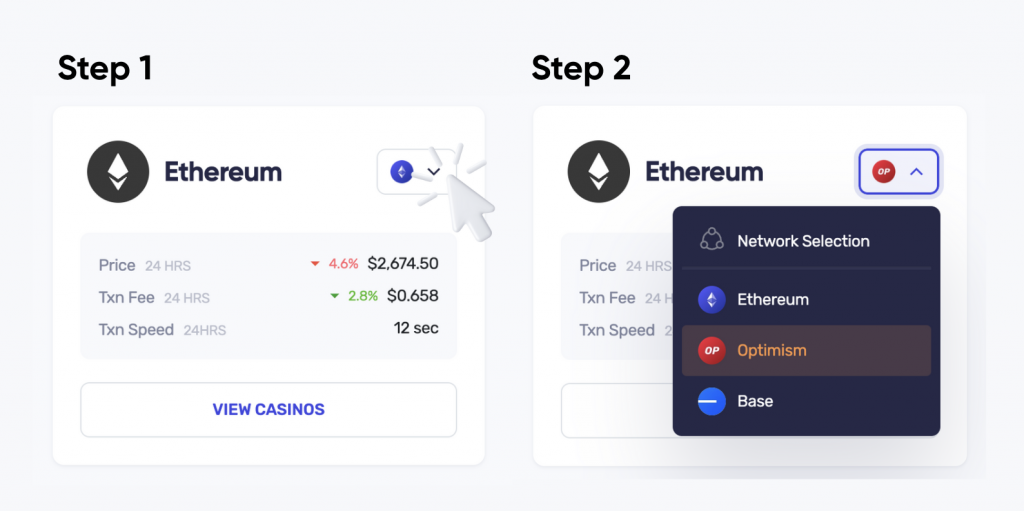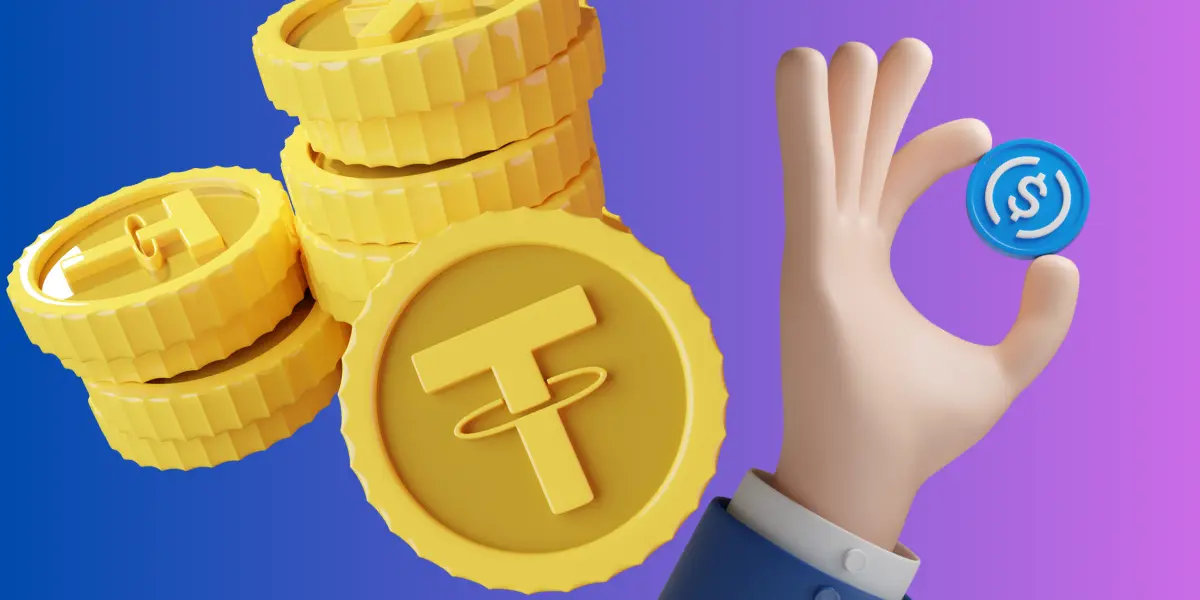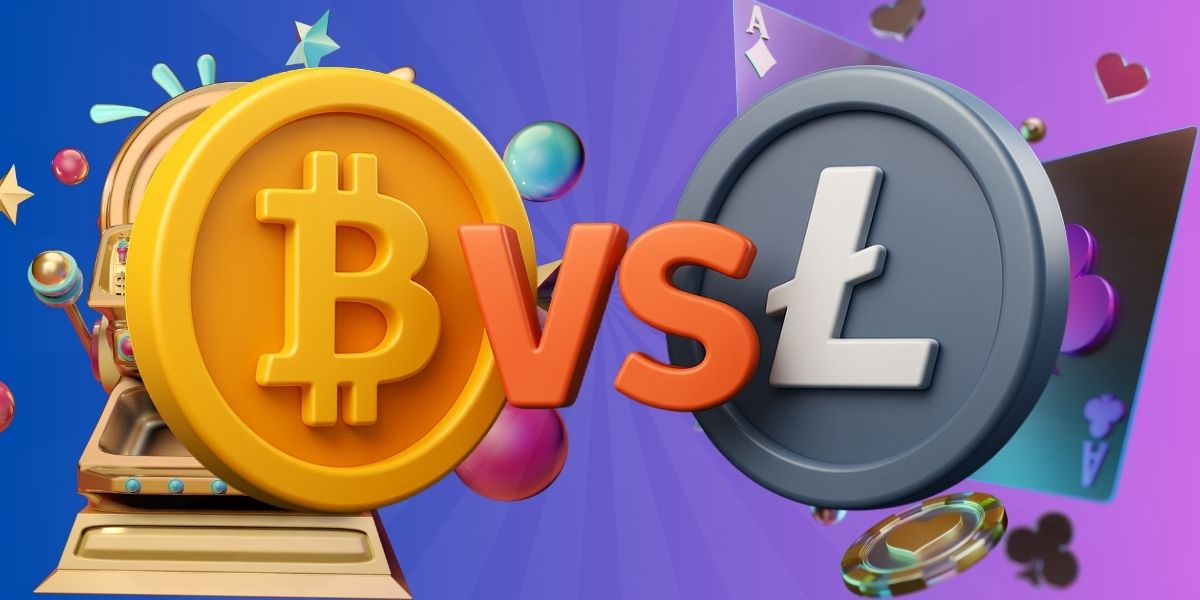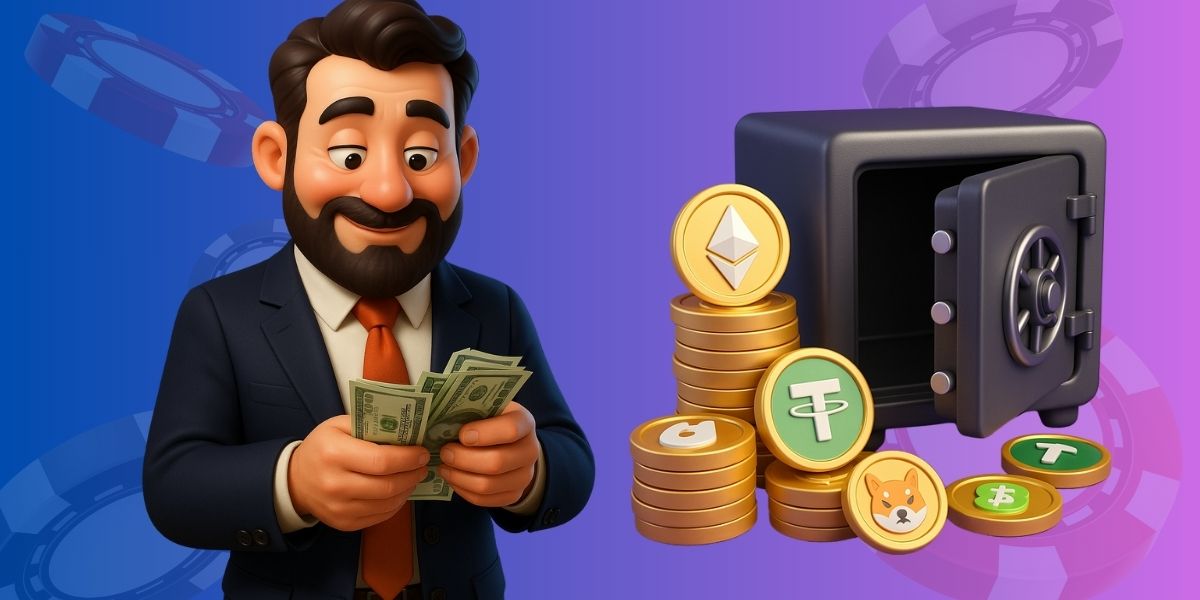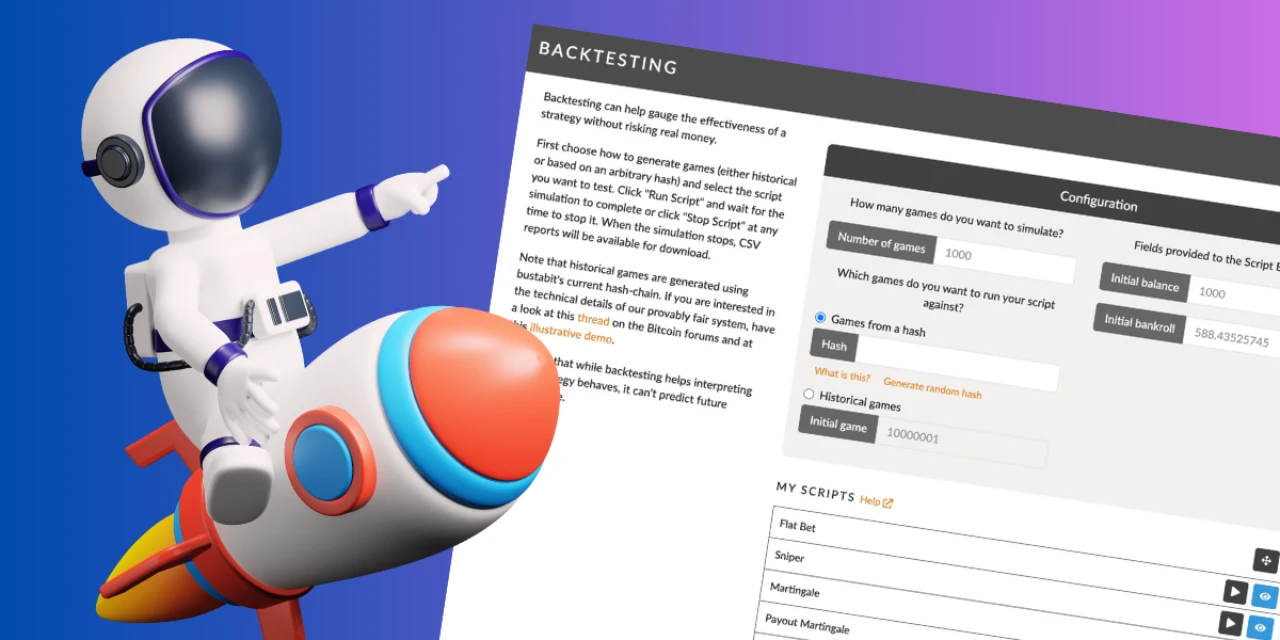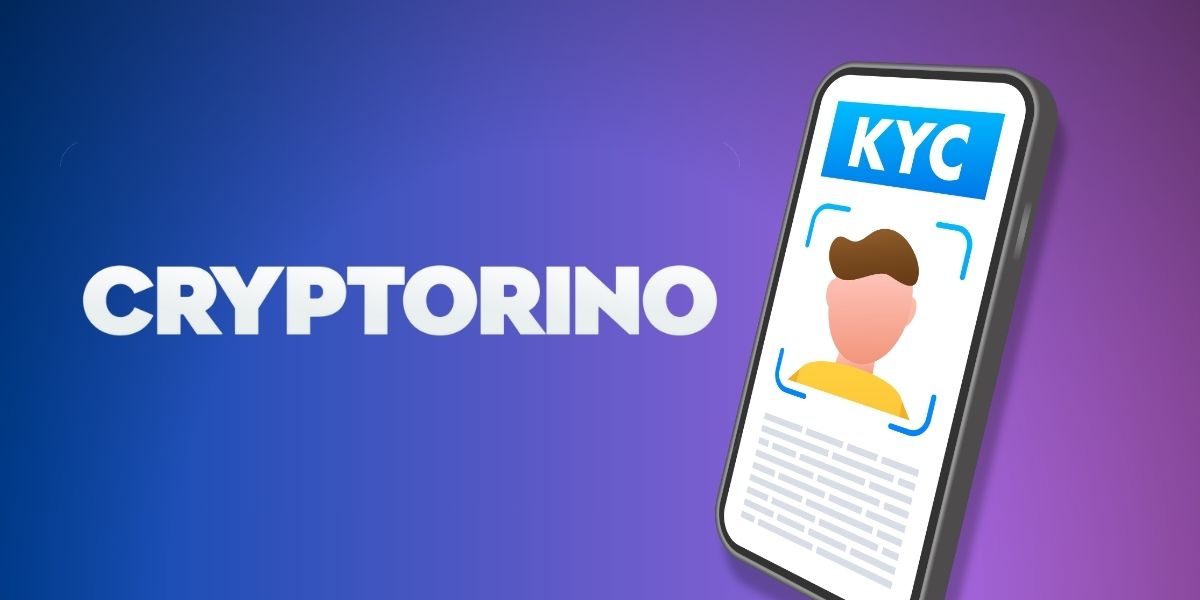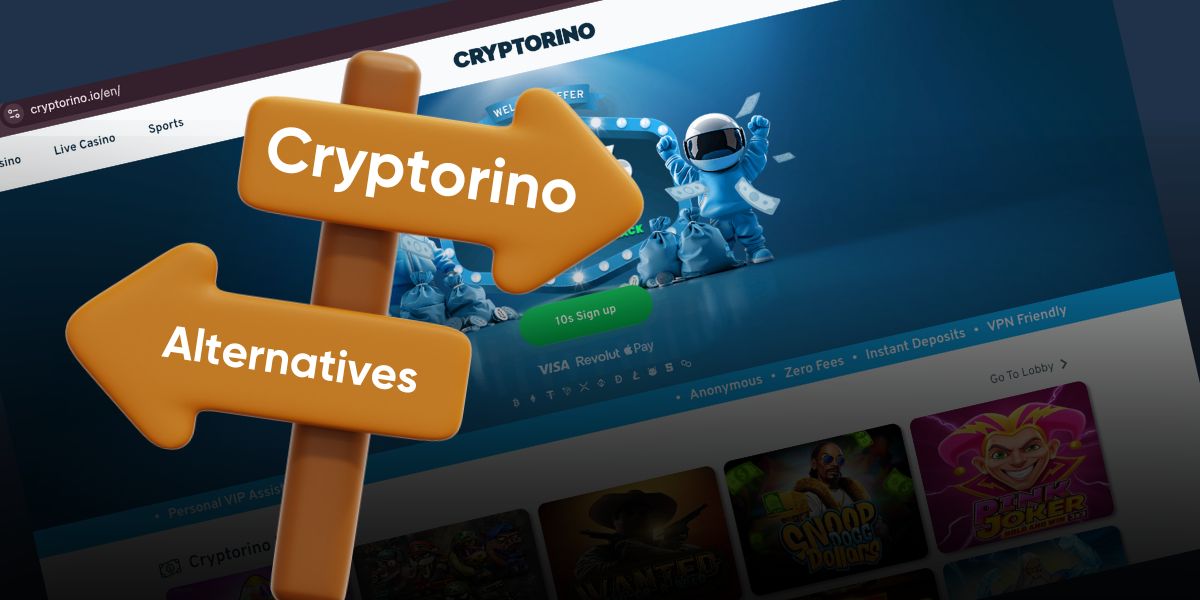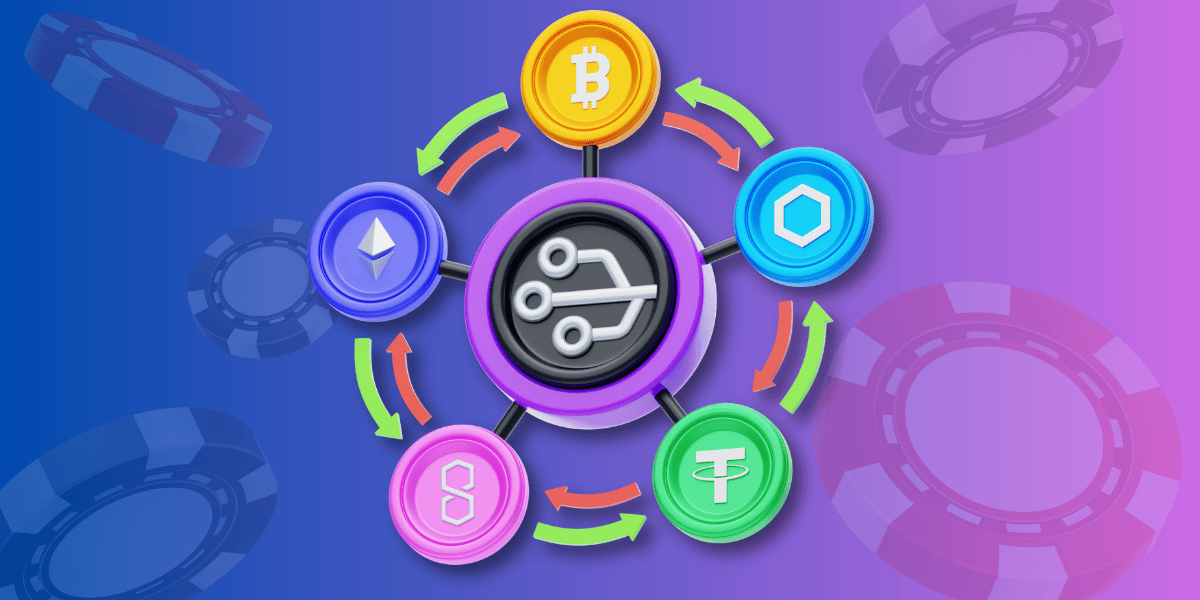
How to choose a network for crypto casino transactions
If you’ve ever had a transaction delayed or lost money to sky-high fees, you know how important it is to choose the right network for your crypto casino deposits and withdrawals.
Between the various coins, networks, and casino compatibility, it can sometimes feel overwhelming.
Luckily, it doesn’t have to be complicated. In this guide, I’ll walk you through choosing the ideal network, using our new coin tool to simplify the process.
Key Takeaways 🔑
- Use our new Coin Hub to make smarter decisions based on real-time fees, speed, and compatibility.
- Always check the casino’s supported networks before sending funds.
- Fast and low-cost networks like Tron and BNB Chain are best for crypto casino transactions.
- Sending crypto through the wrong network can result in losing your funds – double-check everything.
- Compare network options for your ideal coin to balance cost, speed, and compatibility.
Step 1: Use our real-time network tool
Let’s start with the easiest way to simplify your decision: our network comparison tool.
With our new tool, you get real-time insights into transaction fees, network speed, and the compatibility of various coins with different blockchains.
It’s designed to take the guesswork out of choosing a network, especially when you’re juggling decisions like whether to use USDT on Ethereum or Tron.
How to use our tool
- Select your preferred cryptocurrency.
- Toggle between networks to compare fees and speeds.
- Decide based on your needs – maybe you want lower fees, or perhaps speed is your top priority.
For example, I’ve often noticed Ethereum’s fees are too steep for small deposits. Instead, checking Tron with our tool shows significantly lower fees.
If you’re depositing $50 into a casino account, wouldn’t you rather pay $1 in fees instead of $10? Our tool makes decisions like this simpler.
Step 2: Check casino network compatibility
Before choosing a coin or casino, you need to check which networks the casino you’re considering supports.
Crypto casinos don’t always accommodate every blockchain for a given coin.
Here’s an example: You might want to use USDT because it’s widely accepted. However, some casinos only support USDT on Ethereum (hello, higher fees), while others accept many more.
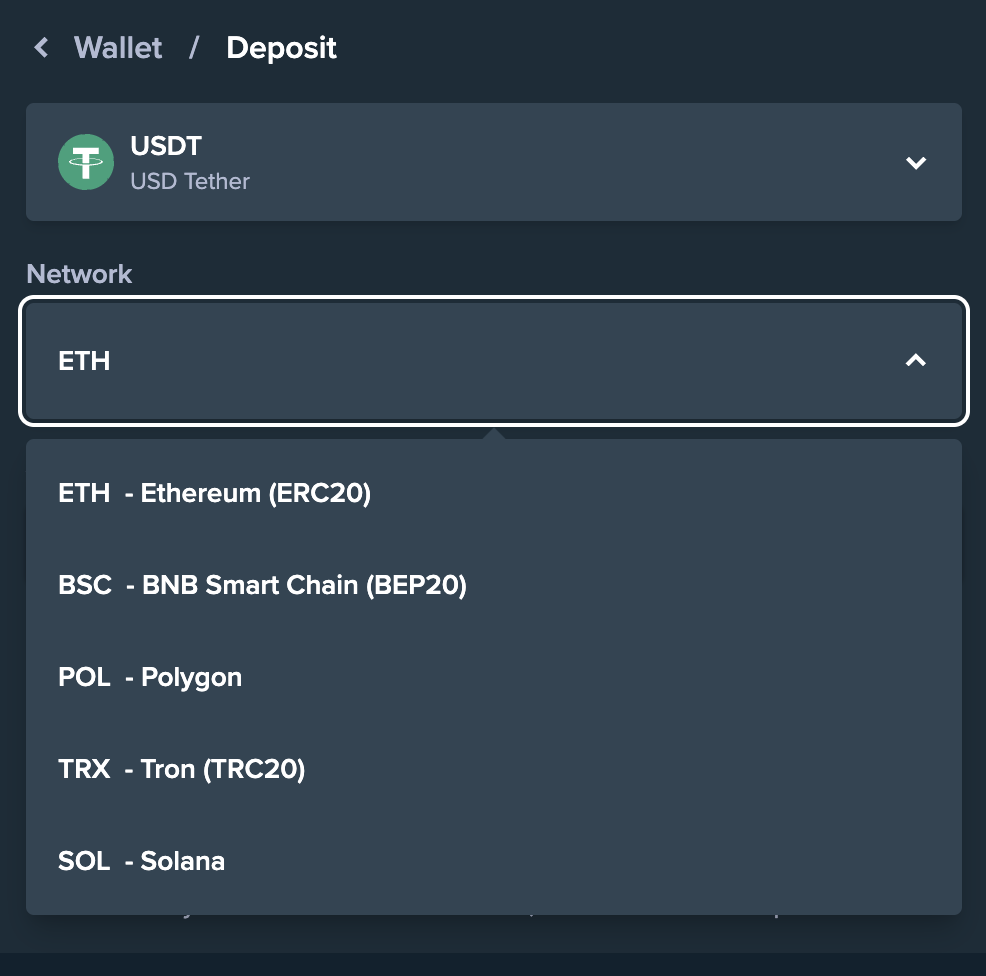
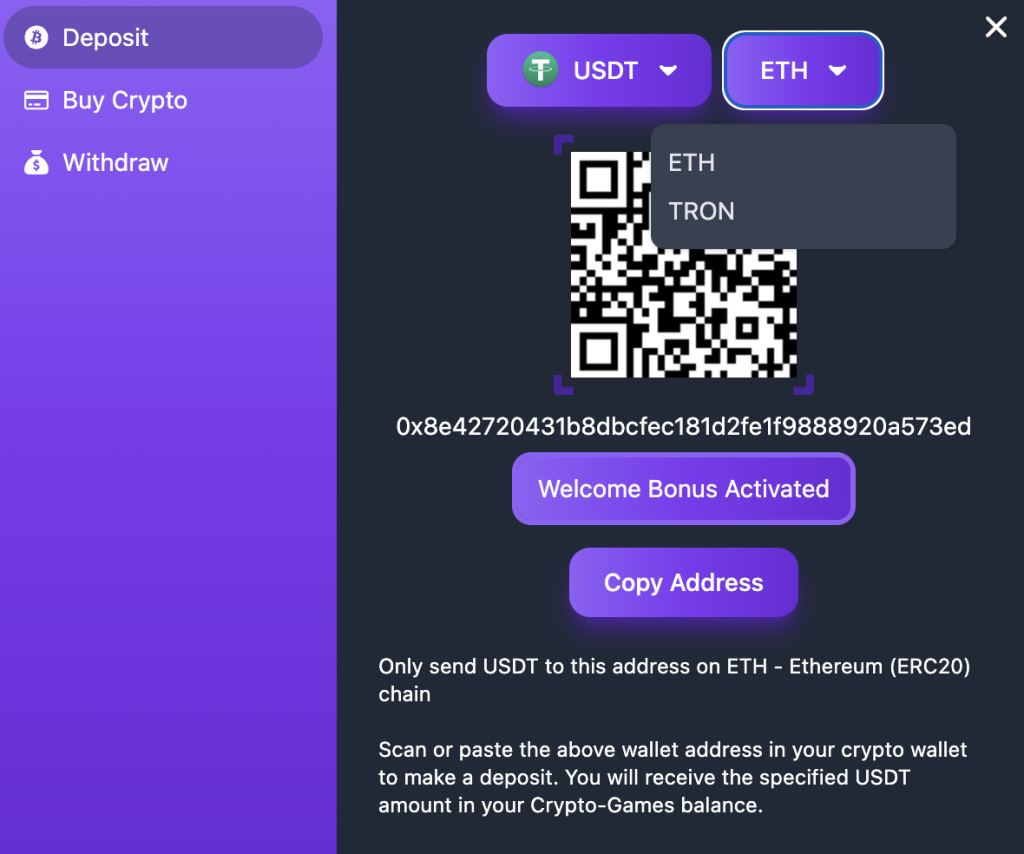
In addition, if you accidentally send your USDT via Tron to a casino that only supports Ethereum, your funds could be stuck in limbo.
To avoid this, double-check the casino’s supported networks, either on their site, reading a review, or by reaching out to customer support.
Step 3: Consider transaction fees
No one likes losing a chunk of their deposit to gas fees, but it’s a reality on some networks. Ethereum, for instance, is notorious for its high gas fees, especially during network congestion.
Meanwhile, alternatives like Tron and BNB Chain often offer much lower costs, making them better suited for smaller transactions.
Here’s a quick breakdown of typical network fees for the most popular networks:
- Ethereum: Higher fees, often $10+ for a single transaction.
- BNB Chain: Minimal fees, usually less than $0.50.
- Tron: Similarly low fees, often under $1.
For frequent transactions, it’s worth doing the math. Let’s say you’re depositing and withdrawing multiple times a week.
A casino that supports lower-cost networks like Tron or BNB Chain can save you money over time.
Again, using our network tool can help here as well. You’ll see a real-time comparison of fees, so you can make an informed decision before depositing.
Step 4: Consider transaction speed
When you’re eager to start playing or want to cash out your winnings, slow transactions are the last thing you want.
Network speed can vary dramatically, and choosing the wrong one could leave you waiting hours – or even longer.
Here’s how some popular networks stack up:
- Bitcoin: Reliable but slow, with transaction times often exceeding 10 minutes.
- Ethereum: Faster than Bitcoin but still experiences delays during congestion.
- BNB Chain & Tron: Both are much faster, with transactions often confirmed in seconds.
In reality, waiting a few hours for your funds isn’t the worst thing. But having played my fair share of crypto casino games, I know the payout sometimes doesn’t feel real until it’s safely delivered in your wallet, so speedy cashouts are, of course, ideal.
Step 5: Know your coin’s network options
Not all cryptocurrencies are available on every network. Some coins, like Bitcoin, are native to their own blockchain, while others, like USDT, exist across multiple networks.
Wrapped tokens (e.g., WBTC for Bitcoin on Ethereum) add even more options, but they require a bit of understanding. For example, USDT exists on Ethereum (ERC-20), Tron (TRC-20), and BNB Chain (BEP-20).
Each network has its own strengths:
- Ethereum: Best for compatibility, but has higher fees.
- Tron: A budget-friendly option with fast transactions.
- BNB Chain: Another low-cost, fast alternative.
With our network comparison tool, you can see which networks support your coin and compare their fees and speeds. This saves you the trouble of searching multiple sites or forums for information.
Step 6: Double-check wallet details before transacting
Even if you’ve chosen the right network, I know firsthand that mistakes can still happen.
Wallet address formats, for example, can look similar across networks. And, sending funds to the wrong network could result in lost crypto – a nightmare scenario, especially for bigger deposits or withdrawals.
A few things you should check before confirming a transaction:
- Wallet address: Make sure the address matches the intended network (e.g., Ethereum’s 0x vs. Tron’s T).
- Network selection: Ensure both the casino and your wallet are set to the same network.
- Test transaction: If you’re planning a big deposit or withdrawals, I’d recommend testing a small amount first to be sure everything works correctly.
These precautions might seem nit-picky to some, but they can save you from a huge headache in the future.
Common network mistakes to avoid
To wrap up, I’d like to warn you against some mistakes I’ve seen other players (and myself) make in the past:
- Sending crypto via the wrong network: Double-check compatibility to avoid losing funds.
- Overlooking fees: Even small transactions can rack up costs on high-fee networks like Ethereum.
- Ignoring speed: If you’ve got a small gap in your schedule to make some wagers at your chosen casino, fast networks like Tron or BNB Chain should be your go-to for deposits.
- Relying on network formats: Don’t assume the address prefix guarantees the right network; you should always verify.
Final thoughts
As you now know, choosing the right network for crypto casino transactions doesn’t have to be complicated.
By considering compatibility, fees, speed, and your coin’s network options – plus leveraging our real-time tool – you can make smarter, more cost-savvy decisions every time you want to deposit or withdraw from your favorite casinos.

